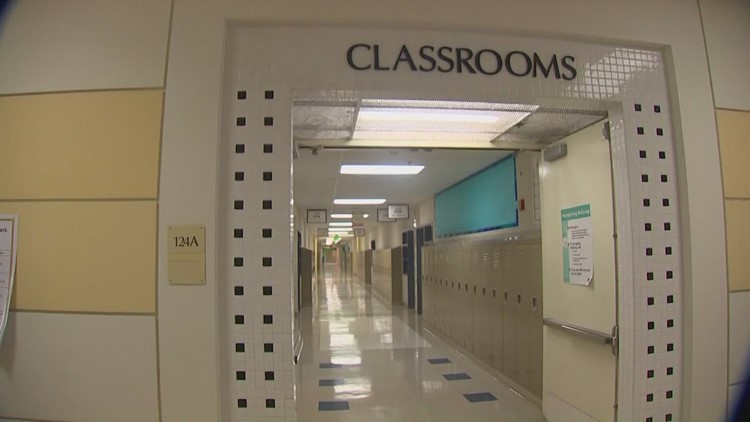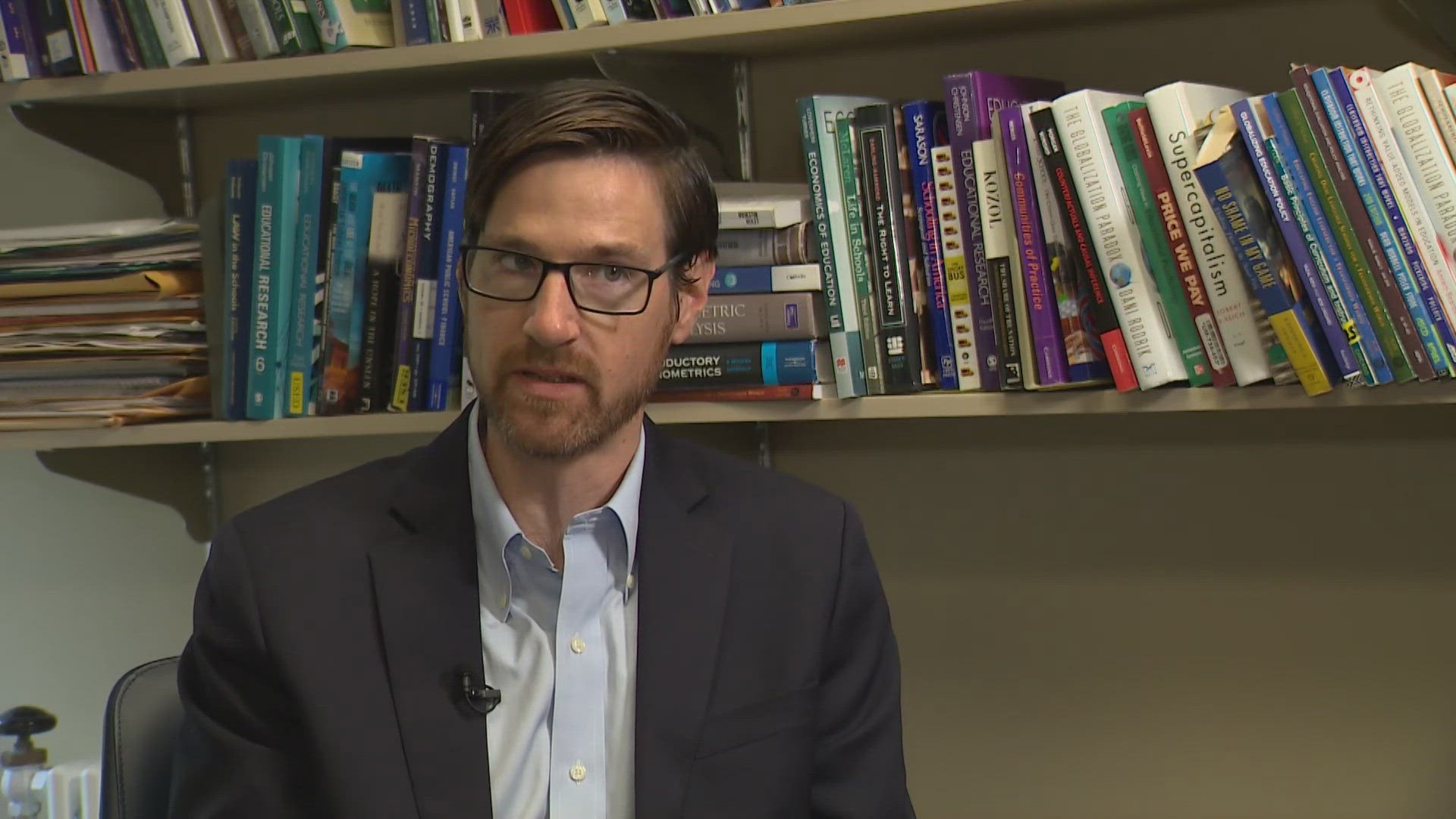SEATTLE — The Washington state Supreme Court ruled Thursday against a lawsuit demanding the state pay more for school construction.
In the ruling, the court said school construction is a shared responsibility between the local and state governments.
Superintendent Chris Reykdal told KING 5 after the ruling he will push for new and continued investments in construction in the next budget.
Reykdal said in his statement that the proposal will ask state legislators to invest in grant programs that support school construction in rural communities with rural tax bases, make new investments in clean air and energy efficiency and adjust school construction formulas to reflect the costs to repair buildings.
In the statement, Reykdal said the Office of Superintendent of Public Instruction (OSPI) will ask legislators to lower the local bond approval threshold from 60% to 50% like other ballot measures.
"The Court has affirmed that school construction is a shared responsibility," Reykdal said. "It cannot be reasonably assumed that every community can do their part with an undemocratic super-majority required to pass a bond vote at the local level in order to access the state’s share of the funding."
The lawsuit was filed on behalf of the Wahkiakum School District, claiming the state needs to improve how districts raise money to pay for new schools, building upgrades, and maintenance.
Wahkiakum Superintendent Brent Freeman said kids were learning in buildings with leaky roofs and outdated wiring, but voters in the rural area repeatedly deny bond measures to pay for upgrades.
Freeman said voters in Wahkiakum County rejected seven of eight attempts at getting bonds to improve or replace existing facilities.
The schools have roofs that leak, science labs with broken pipes, spotty internet, and the ventilation is so bad most experiments that involve Bunsen burners have to be conducted outdoors, according to the lawsuit.
Freeman said he wanted more help from the state to “leveling the playing field,” so districts where lower property values and incomes could compete with wealthier districts across the state.
After the ruling, Reykdal said OSPI and local school districts will be working to improve water quality in buildings and to retrofit campuses that have the highest risk of danger in a seismic event. This funding has been approved by the state legislature, Reykdal said.



